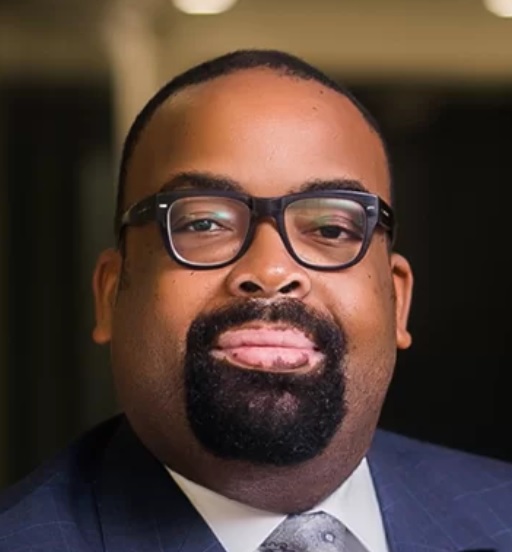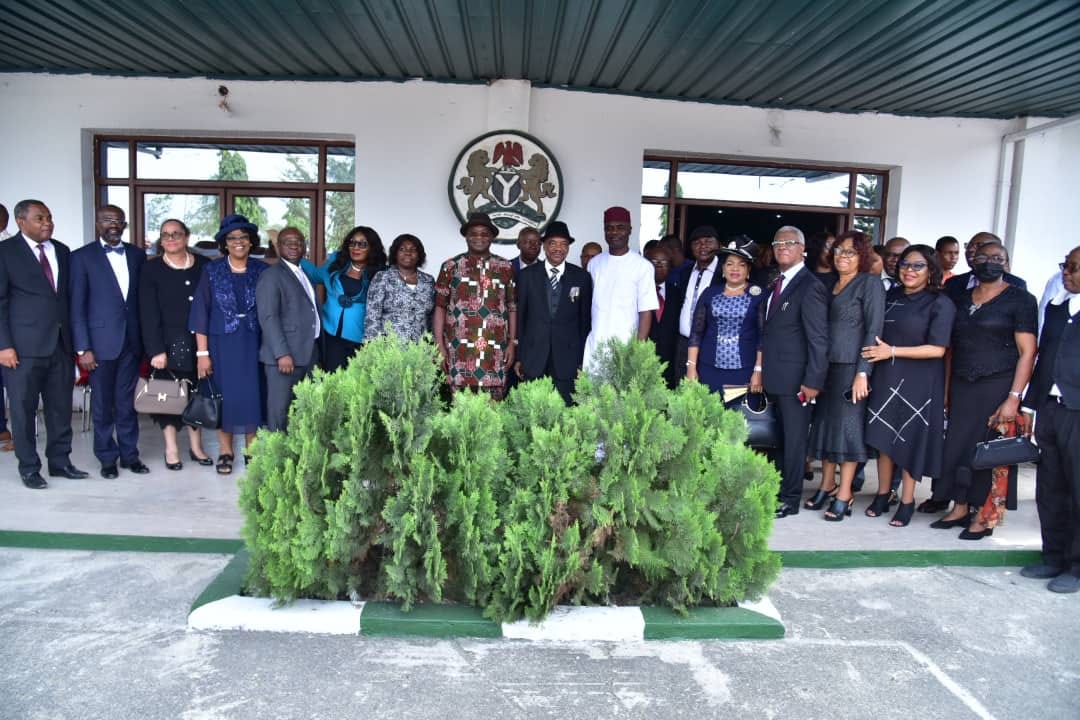By Onyebuchi Sampson
Legal luminaries, among them, President of Nigerian Bar Association (NBA), Olumide Akpata, human rights lawyer, Femi Falana (SAN) and Executive Secretary, National Human Right Commission (NHRC), Anthony Ojukwu, have called for legal recognition and enforcement of the socio-economic rights of Nigerians as contained on chapter two of the 1999 Constitution.
They made the call at the Nigerian Bar Association Section on Public Interest and Development Law (NBA-SPIDEL) town hall meeting held in Lagos, themed: “Justiciability of Chapter Two of 1999 Constitution: Pragmatic measures for government’s accountability.”
Leading discussion at the event, Falana, a former president of West African Bar Association (WABA), said the absence of such rights could lead to human insecurity, widespread of diseases and endemic infections, lack of access to health care, all resulting in deprivation, as well as a retarded economic development and poor standard.
According to him, there are several decisions of domestic and regional courts, which have upheld the socio-economic rights of the people.
Read Also: ‘Why new female police dressing code is illegal’
He said: “Lawyers and judges have continued to give the misleading impression that only civil and political aspects of fundamental rights are enforceable in Nigeria.
“The victims of violations of socio-economic rights have been left without access to the remedies provided by law. To compound the crisis, some judges in the High Courts have continued to invoke the anachronistic doctrine of locus standi to dismiss or strike out public interest cases filed by public interest litigators to secure the enforcement of socio-economic rights of disadvantaged citizens or groups.
“The International Covenant on Civil and Political Rights and International Covenant on Economic, Social and Cultural Rights have been ratified by Nigeria. Many countries have denied the existence of social and economic rights and refused to give them any legal character.
“Some jurists argue that socio-economic rights do not constitute legal norms but only guiding principles. At the regional level, the member states of the African Union adopted the African Charter on Human and Peoples’ Rights in 1986. Apart from ratifying the African Charter the Federal Government domesticated it.
“The African Charter contains political and civil rights as well as socio-economic rights and solidarity rights. The socio-economic rights include the right to work, freedom of association, right to representation in public office, right to education, right to health, right of equal access to public property, right of women and children recognised in all international conventions and treaties.”
In his address, President of NBA, Olumide Akpata said, Chapter two of the 1999 Constitution provides in no unclear terms that it shall be the duty and responsibility of all organs of government, and of all authorities and persons, exercising legislative, executive, or judicial powers, to conform to, observe and apply the provisions of the Constitution.
He stressed that Nigeria’s infrastructure deficit is so high that it is widely accepted to be one of the biggest factors holding back the country’s growth and development.
In trying to assess how Nigeria has observed Chapter two of the 1999 Constitution, which deals with fundamental objectives and directive principles of state policy, Akpata said Nigeria has the highest number of persons living in extreme poverty.
He said: “It is an unwanted feat that we attained after overtaking India. When you consider the fact that the population of India is almost seven times that of Nigeria, then you can understand the implication of that statistic.
“According to data from the government-run National Bureau of Statistics (NBS), unemployment rate in Nigeria is at an all-time high of above 33.0 percent, with almost 65 percent of the country’s youth either unemployed or underemployed.”
On measures to take in enforcing the socio-economic rights, Executive Secretary of NHRC, Anthony Ojukwu said, “the way to go is to make sure that the elected representatives and our elected executives are meant to abide by their oath of office and the Constitution.”
This, he said, is because the Constitution says that every organ of government and everybody is supposed to apply chapter two in governance, adding that complying with those will bring the so-called dividends of democracy.
“If people don’t realise the dividends from chapter two, they have nothing to take away. So what we have to do is to start holding our elected representatives responsible, if a judgment is given, and there is an official of government who has a duty to implement that and he doesn’t do that, they will have a duty to sue that person,” he said.
Ojukwu stressed that it is not only under the Constitution that one can sue for chapter two, stressing that someone can sue under the African Charter on Human and People’s Rights, which are justiciable economic rights.
He said: “So, by the time the person gets a judgment based on the African Charter on Human and People’s Rights, and there is an official who has a duty to make sure that that judgment is effective and it is not done, our lawyers and courts should be proactive, to take it against that office, by suing that office either for contempt of court or for enforcement of those rights.
“If we can adopt some of these proactive ways, there’ll be a change because what it is now, is that we keep begging for our rights to be enforced, but I think we should change the pattern going forward. I believe we’ll get some results.”
Earlier, Chairman of NBA-SPIDEL, Dr Monday Ubani, had called for adequate enforcement of Chapter Two of the 1999 Constitution to promote socio-economic rights of citizens.
According to him, the chapter has the heading fundamental objectives and directive principles of State Policy and makes elaborate provisions for things that make life worth living for citizens such as education, health, employment, security and welfare.
Ubani said that the chapter should be the focus and fulcrum of every government activity.
“As fundamental as these socio-economic rights provided in the constitution appears on the face value, the same constitution divests the courts of their enforcement.
“As the nation would be approaching the 2023 general election period, agenda for governance must be set and met.
“Nothing is fundamental about our human rights in chapter four if the socio-economic rights in chapter two are not given any meaning,” he added.






